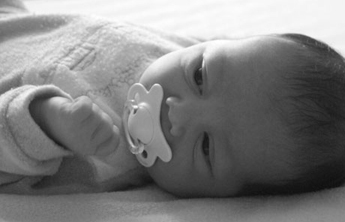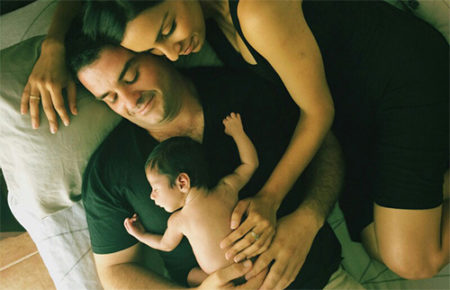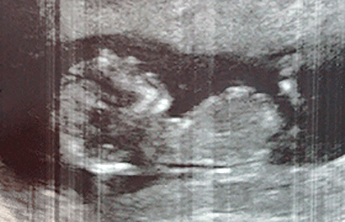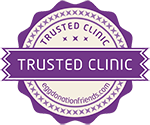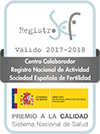
IN VITRO FERTILIZATION (IVF)
EVA Clinics put at your disposal not only the best experts, but also the most complete and innovative treatments such as IN VITRO FERTILIZATION.
WHAT IS IN VITRO FERTILIZATION?
In Vitro Fertilization (IVF) is an effective option for many people who cannot conceive naturally. This advanced fertility treatment has helped many women overcome infertility and achieve a successful pregnancy, and you can be the next one. IVF involves combining the oocytes (eggs) and the sperm in a laboratory using the fertilization techniques IVF/ICSI in order to produce good quality embryos for implantation into the uterus through a simple, painless procedure.
It is different from other treatments in that the fertilization process happens in the laboratory and not in the female reproductive system, as occurs during natural conception.
EVA Clinics have developed The Pregnancy Success Study to determine the expected success rates of your fertility treatment. It is free of charge and you will receive the results of your study ahead of time and always before the start of your treatment, so that you are fully aware of your chances to achieve a positive outcome at each cycle of treatment.
INTRACYTOPLASMIC SPERM INJECTION (ICSI)
Intracytoplasmic sperm microinjection, also known as ICSI, is an IVF procedure and allows for a strong selection of the sperm. ICSI involves microinjecting a single live sperm cell directly into the cytoplasm of the egg. ICSI takes a more direct approach, and therefore, it can significantly increase the pregnancy rate.
WHEN IS IVF RECOMMENDED?
In Vitro Fertilization is an alternative treatment option for patients whose previous fertility treatments have failed, and for patients with disorders such as:
- Endometriosis (a painful inflammatory condition)
- Absent/removed or damaged/blocked fallopian tubes.
- Polycystic ovary syndrome (also known as PCOS, a severe disorder that affects the ovaries and the ovulation).
YOUR TREATMENT STEP-BY-STEP
An In Vitro Fertilization treatment takes longer than other fertility treatments. IVF involves five phases:
1. OVARIAN STIMULATION
In a natural menstrual cycle, a woman produces only a single egg. Fertility medication is used to stimulate the ovaries to produce eggs. This involves that more eggs may be collected for fertilization. With more fertilized eggs, there will be a greater choice of embryos to use in your treatment. Regular ultrasound scans, and in some cases hormone blood tests, will be done to monitor the follicle growth and ensure optimal response to stimulation.
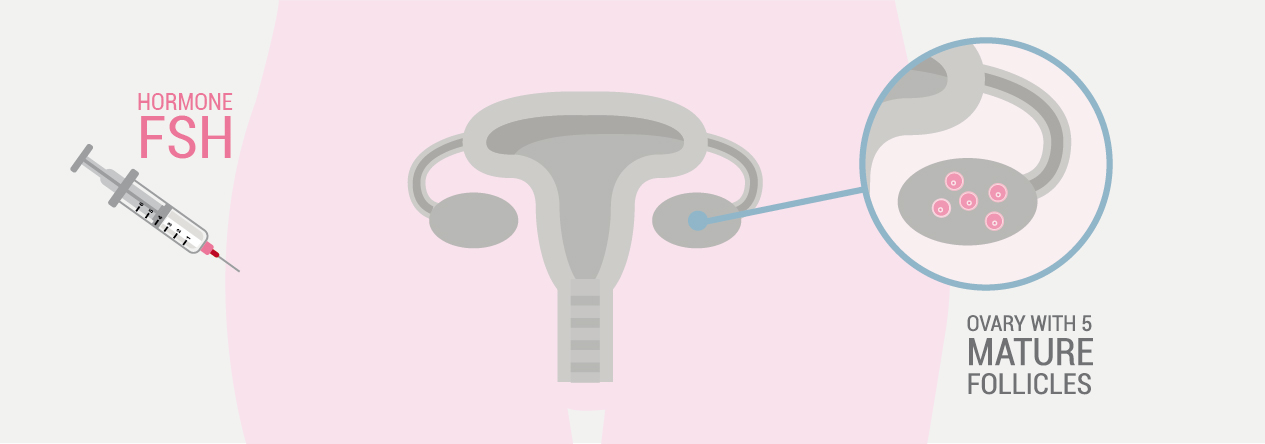
2. EGG RETRIEVAL
Once the follicles have reached a certain size, as measured by ultrasound scan, you will be given a different hormone to help the eggs mature.
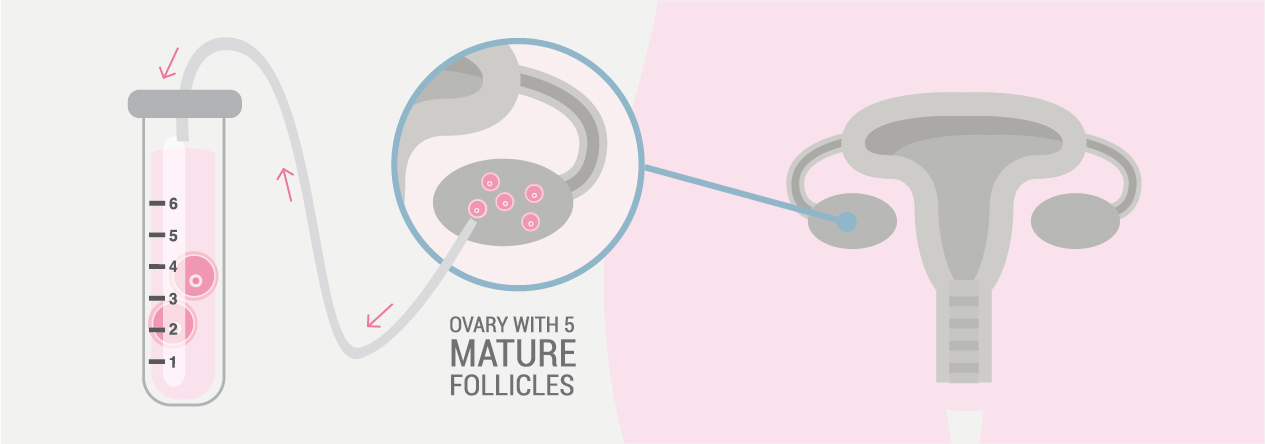
After approximately 36 hours, your eggs are ready to be retrieved. Egg retrieval is performed in an operating room under mild anaesthesia (sedation) so that you will be completely comfortable and do not feel any pain during the procedure.
The egg retrieval procedure only takes about 10-15 minutes. It is performed with ultrasound guidance in order to visualize the uterine cavity and get to the ovary and follicles. The procedure carries almost no risks.
3. FERTILISATION AND EMBRYO CULTURE
The collected eggs are mixed with your partner’s or, if applicable, the donor’s sperm, in the laboratory using a tiny, sterile pipette (a glass tube). On the next day, they are checked to see if any have been fertilized (a fertilized egg is called a zygote).
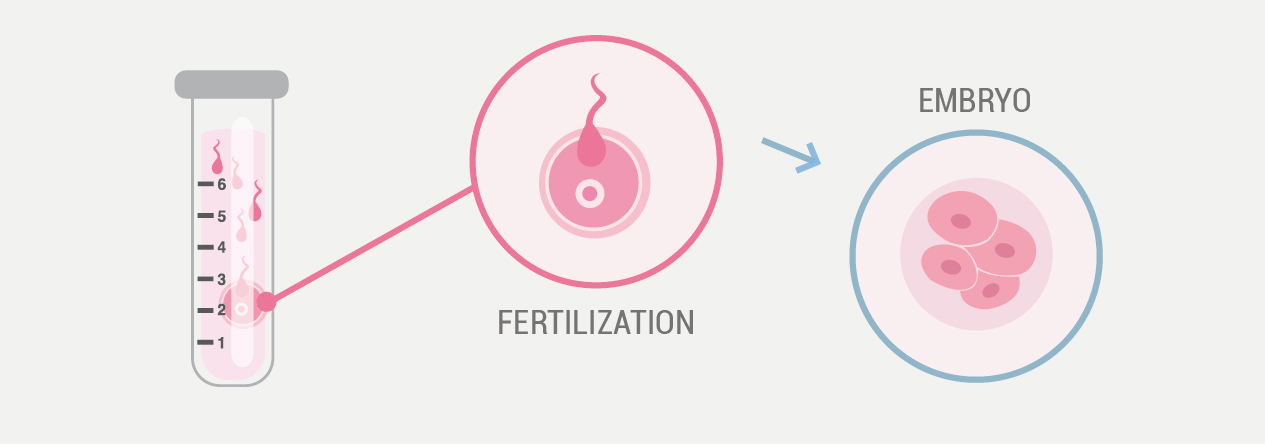
4. EMBRYO TRANSFER
Embryo transfer is the last decisive step of the process for achieving a pregnancy after IVF. The embryo transfer is a crucial phase of procedure and it is most commonly performed 72 hours (3 days) after the egg retrieval. A maximum of two embryos will be transferred per procedure. The embryo transfer process is very simple, and it is performed in the operating room, like the egg retrieval. The embryos are placed into the uterus using a thin, flexible tube (embryo transfer catheter) that does not damage the reproductive tract (wall of the uterine cavity). The embryo transfer is not painful and does not require any sedation or anaesthesia.
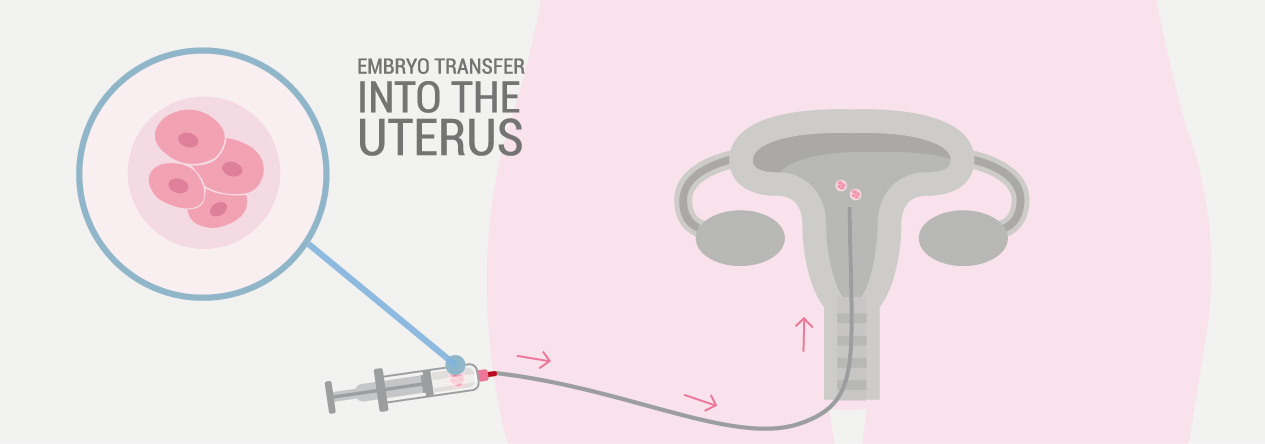
After the embryo transfer some bed rest is recommended, approximately half an hour. Then you must resume your normal life but avoid strenuous activities.
Any surplus embryos left over your fertility treatment are frozen to be used later, without the need to go through a new stimulation cycle and egg retrieval, if you do not get pregnant during that IVF cycle.
5. AFTER THE EMBRYO TRANSFER
Approximately two weeks after the embryo transfer, a pregnancy test (usually in blood) is performed and there are two possible results:
OPTION 1. You get pregnant:
Your IVF treatment has been successful. You can follow up with your doctor at home or if you wish to, attend our EVA clinic for check-ups (antenatal care). The choice is yours. Even if you live abroad, we will stay in touch during your pregnancy to monitor the progress of your pregnancy and answer any questions you may have.
OPTION 2. You don’t get pregnant:
If your IVF cycle does not work, you should not lose hope and remain focused. Having failed a cycle of IVF does not mean that it will happen again or that you cannot get pregnant in subsequent cycles. Two scenarios can happen after a failed IVF cycle:
a. If there were surplus embryos left and frozen, you can undergo a Frozen Embryo Transfer, which means that those embryos that were previously cryopreserved (frozen) can be transferred into your uterus, as it happened during the first IVF cycle. FET cycles are easier as you will only need to prepare your uterus and thicken your endometrium (the inner lining of your uterus) to receive the embryos, avoiding the need to repeat ovarian stimulation and egg retrieval.
b. If there were no embryos left for freezing, we would review your case and probably recommend a new try.
How Many Times Should You Try IVF?
We generally recommend a maximum of three IVF cycles. Our caring team at EVA will offer you guidance in every step of the way to choose the best treatment option for your individual case. We will review the results of your first IVF cycle and based on this, we may recommend trying a new cycle or IVF.
How Much Does IVF Cost?
At EVA Clinics we are committed to offer affordable treatments at competitive costs. IVF cost may vary based on treatment options. We will study your case individually and provide you with a detailed cost estimate.
Request further information through our Contact Form, Phone or via Email.
Your first consultation is always free of charge.

